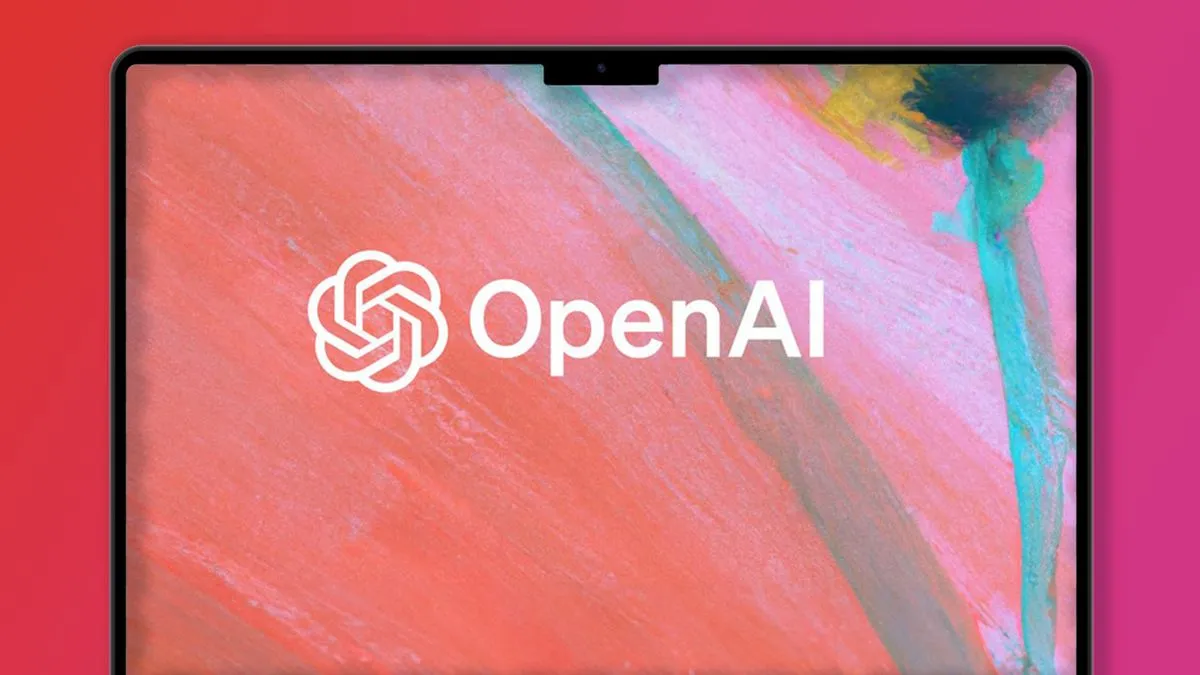OpenAI has quietly removed a web page that previously outlined its commitment to diversity, equity, and inclusion (DEI). The now-deleted page, has been replaced with a new page titled "Building Dynamic Teams". This new page makes no mention of diversity, equity, or inclusion, instead emphasizing a culture of curiosity, debate, and different perspectives.
The change signals a shift in OpenAI’s public positioning on DEI, a topic that has become increasingly polarizing in the corporate world. The previous page explicitly stated that OpenAI was investing in diversity efforts and was committed to improving inclusivity within the company. It also acknowledged that this work was ongoing and essential to OpenAI’s mission. Now, that language has been completely erased.
When and Why Did OpenAI Make the Change?
Although OpenAI has not publicly commented on the reason for the removal, evidence suggests that the update was recent. An ABC News article published on January 22 cited the original DEI commitment page as still being available. By January 27, the page had been replaced with the new "Building Dynamic Teams" page, indicating that the change happened within that short window.
The new page states:
“At OpenAI, we recognize that the strongest ideas emerge when they are tested, debated, and improved by people with different backgrounds, experiences, and ways of thinking. We encourage a culture of curiosity where ideas can be challenged — not just accepted.”
While this language still promotes inclusivity in a broad sense, it notably omits any references to DEI or specific initiatives designed to support underrepresented groups.

A Broader Corporate Trend
OpenAI is not alone in moving away from explicit DEI commitments. Major tech companies like Meta, Google, and Amazon have recently taken similar steps. In January 2024, both Google and Amazon removed mentions of diversity and inclusion from their annual 10-K financial reports, signaling a potential shift in corporate priorities.
Additionally, Attorney General Pam Bondi recently instructed the Department of Justice to investigate and potentially penalize private sector companies that implement DEI programs deemed illegal under federal funding regulations. This legal and political pressure has likely contributed to the reevaluation of DEI initiatives across multiple industries.
What This Means for OpenAI’s Internal Policies
It remains unclear whether OpenAI’s decision to remove its DEI commitment page reflects an actual change in hiring and workplace policies or whether it is simply a branding shift. The company still maintains a web page about fairness in AI training, which focuses on mitigating social biases in its AI models. However, the removal of the DEI commitment page raises questions about whether OpenAI is scaling back its internal initiatives or just repositioning its public messaging.

Government Contracts and Policy Adjustments
OpenAI’s evolving stance on DEI coincides with its increasing involvement with government entities. The company recently secured a government contract and launched a chatbot designed for government agencies. Given the current political climate and scrutiny around DEI programs, OpenAI may be making strategic adjustments to avoid regulatory or legal complications that could arise from its public commitments.
The Future of DEI in Tech Companies
The tech industry has long been vocal about diversity and inclusion, but the recent wave of rollbacks suggests that companies are reassessing their DEI commitments in light of legal and political pressures. With OpenAI, Google, Amazon, and Meta all making adjustments, other companies may follow suit.
For employees and job seekers, these changes could mean fewer public-facing DEI initiatives, but it remains to be seen whether internal policies will also shift. OpenAI has yet to confirm if it is reducing diversity programs within the company or simply rebranding its approach.
OpenAI’s decision to remove its diversity commitment page is part of a larger trend in the corporate world. While some see this as a necessary business decision in a politically charged environment, others worry that it signals a retreat from progress in workplace diversity. As regulatory pressures continue to evolve, companies will have to balance their commitment to inclusivity with legal and business realities.
For now, OpenAI’s message is clear: it still values diverse perspectives but is stepping away from explicitly labeling its efforts as DEI-focused. Whether this move is purely cosmetic or indicative of deeper policy shifts remains to be seen




-1710725062.jpg)